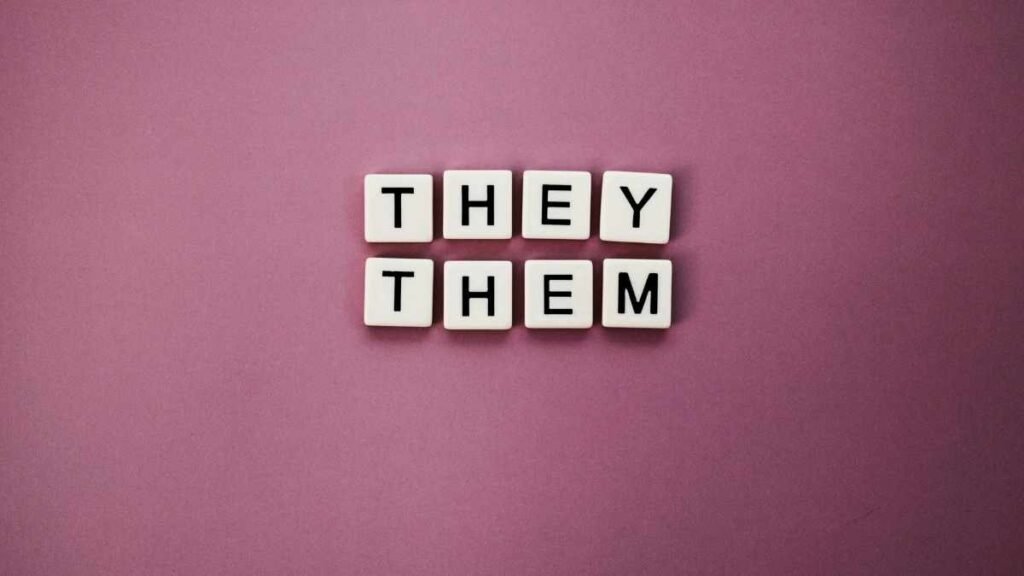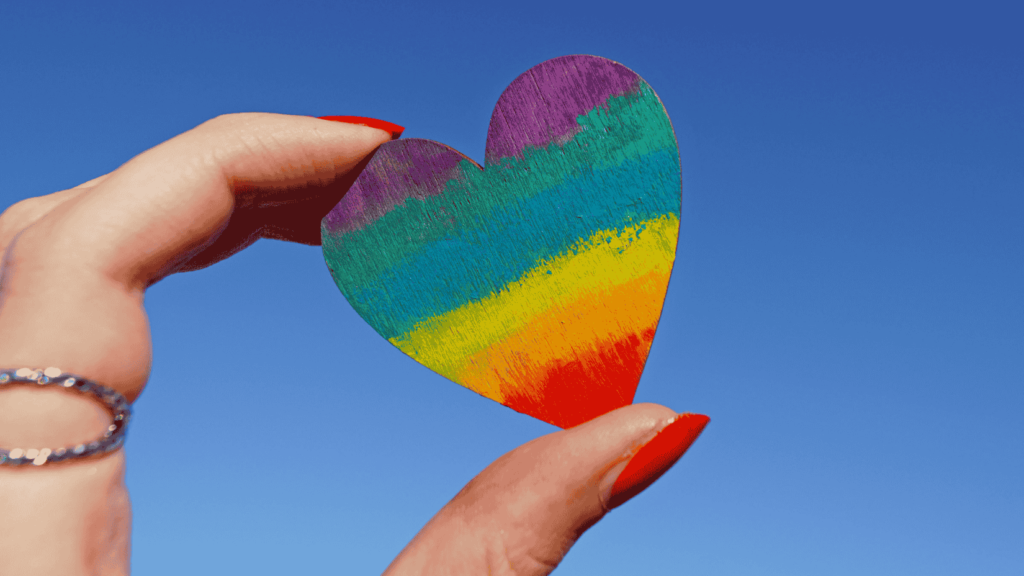It’s 2025… Why Is Pronoun Still a Debate?

Pronouns like he/him, she/her, and they/them are commonly used in the English language. However, many—especially members of the LGBTQIA+ community—see these words as more than grammar. They stand for inclusion, identity, and respect.
Using the right words to address someone is more than grammar—it affirms their dignity and makes them feel truly seen, heard, and valued.
Pronouns “Siya” Before “He or She”

Historically, native Philippine languages did not use gendered pronouns. Instead, people used “siya” and “ikaw”—gender-neutral, inclusive terms that referred to anyone regardless of gender. Our ancestors spoke these words naturally, without questioning their equality.
So, in this era of supposed progress, why is the chosen identity of a person still being denied by some? If pre-colonial Filipino culture had already embraced inclusivity, then today’s resistance is not tradition—it is regression.
When Words Are Used to Hurt

A simple word such as “Sir” may appear harmless. But when someone uses it to misgender a trans woman or a non-binary person, it causes real harm. What others dismiss as “just a word” becomes emotional violence for those who fight every day for dignity and recognition.
Reports from Online Gender-Based Violence (OGBV) monitoring recorded 795 online gender-based attacks in the Philippines since 2012. Many targeted LGBTQIA+ individuals simply for existing. These numbers remind us that violence does not always take a physical form—it can also be verbal, digital, and social.
At the very least, people must respect pronouns and identities. For many, misgendering does not feel like a small mistake—it feels like daily rejection of who they are.
Accepted, Not Just Tolerated
For years, the SOGIE Equality Bill has symbolized hope for the LGBTQIA+ community in the Philippines. Its goal is to protect people from discrimination based on sexual orientation, gender identity, and expression. Yet in 2025, the bill still sits in debate—proof of how difficult it remains to secure even the most basic human protections.
Opponents often argue that the bill demands “too much.” They claim tolerance should be enough. But tolerance says, “You may exist.” Acceptance says, “You belong.”
What the community asks for is not special privilege—it is equal treatment. Legal rights. Basic respect. Safety. Recognition.
Pronouns are not merely tools of language. They are powerful symbols of one’s identity, dignity, and worth. To have one’s pronouns respected is to have one’s existence validated. And by 2025, that truth should no longer be debated.
In a world filled with diverse identities and beliefs, one thing remains constant: kindness costs nothing. Using the correct pronouns is a small gesture that makes an immeasurable difference.
I am a writer who believes every story holds deeper meaning. Writing is not just about retelling events, but about learning from the wisdom of others. With experience in news and feature writing, I aim to create stories that inspire reflection, connect people, and reveal life’s lessons proving that even the simplest words can carry powerful stories.





